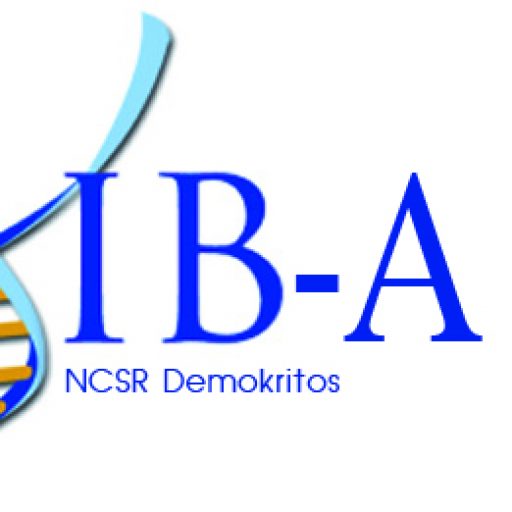
Action: RESEARCH – CREATE – INNOVATE. The project is co‐financed by the European Union and Greek national funds through the Operational Program Competitiveness, Entrepreneurship and Innovation (project code: T2EDK-02361).
Project title: New therapies aiming to improve the atheroprotective and immunomodulatory properties of high density lipoprotein (HDL) for the treatment of autoimmune and cardiovascular diseases
Partners
1) Angeliki Chroni (coordinator), INSTITUTE OF BIOSCIENCES AND APPLICATIONS, NATIONAL CENTER FOR SCIENTIFIC RESEARCH “DEMOKRTOS”, ATHENS
2) Dimitris Kardassis, INSTITUTE OF MOLECULAR BIOLOGY AND BIOTECHNOLOGY, FOUNDATION FOR RESEARCH AND TECHNOLOGY, HERAKLEION, CRETE
3) Prodromos Sidiropoulos, SCHOOL OF MEDICINE, UNIVERSITY OF CRETE, HERAKLEION, CRETE
4) Pantelis Constantoulakis, SCIENCE LABS, ATHENS
ABSTRACT
Cardiovascular disease (CVD), caused by atherosclerosis of the arterial wall, is the leading cause of death globally. A key feature of CVD is dyslipidemia, as well as chronic low-intensity metabolic inflammation. CVD is a major cause of morbidity and mortality in chronic systemic autoimmune-inflammatory diseases, such as rheumatoid arthritis (RA), but the mechanism for increased CVD risk in these diseases is not fully understood. Studies by us and others have highlighted the important role of inflammation and immune system activation in the development and progression of atherosclerosis in RA, as well as in changes of HDL functions. HDL, a macromolecular lipid/protein complex, has important anti-atherogenic functions, such as the removal of excess cholesterol from macrophages in the arterial wall, antioxidant and antiinflammatory functions. Traditionally, low plasma HDL levels are considered an independent risk factor for CVD. However, newer studies showed that the HDL functions play more important role for CVD than HDL levels. HDL protein and lipid components are involved in HDL atheroprotective functions. Additionally, genetic studies identified genes that are involved in the pathogenesis of inflammation and premature atherosclerosis. Interestingly, there is a two-way association between HDL and inflammation. Our previous studies showed that HDL regulates autoimmune T-cell responses in animal models of RA. Previous studies also showed that T-cells from RA patients have increased energy needs and therefore activate different metabolic pathways compared to T-cells from healthy controls. Consequently, dyslipidaemic conditions, which are often observed in patients with autoimmune-inflammatory diseases, could alter immune cells’ metabolism and affect the disease progression. The aims of the proposed project are: A) Τo examine the changes in composition and function of HDL in RA patients compared to healthy controls, the effect of treatment with immunomodulatory drugs on composition/functions of HDL, as well as the association of changes in HDL composition/functions with variants/polymorphisms in genes predisposing to inflammation and premature atherosclerosis. Our goal is to understand the mechanism for CVD in RA patients and to develop new biomarkers to assess the cardiovascular risk and monitor therapies in these patients. B) To identify new compounds that improve the atheroprotective functions of HDL. C) To perform preclinical evaluation of these compounds, known hypolipidemic drugs, as well as characterized compounds that modulate immune responses in animal models of RA. D) To highlight the role of disorders in immune cells metabolism in the pathogenesis of RA and atherosclerosis, in order to gain knowledge for the development of therapies for autoimmune diseases that will be based on immunometabolism’s regulation. The ultimate goal of the proposed studies is the development of new biomarkers to assess the cardiovascular risk as well as of new therapies that improve the atheroprotective and immunomodulatory properties of HDL, which will have beneficial effects on the reduction of cardiovascular risk in both rheumatic disease and CVD patients. For this purpose, a research consortium has been formed consisting of three academic teams with long-term research activity on the study of structure, function, regulation and genetics of HDL, as well as on the elucidation of the pathogenesis of autoimmune rheumatic diseases and a company providing specialized medical diagnostic services, active in the field of genetic and molecular analyses. Results of the proposed study focusing on the development of new biomarkers for the predisposition and the progression of autoimmunity/inflammation and atherosclerosis will be commercially exploited by the company.
